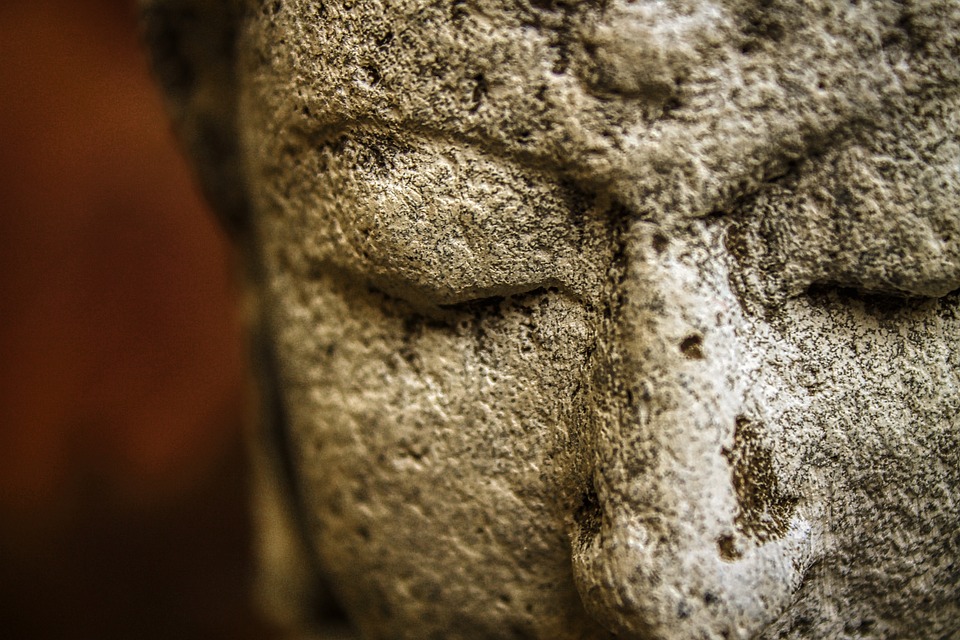Persimmons are a unique fruit that holds a deep spiritual significance in various cultures around the world. From ancient traditions to modern practices, persimmons have been revered for their symbolism and spiritual meaning. In this article, we will explore the spiritual significance of persimmons and how they are viewed in different spiritual beliefs.
The Origins of Persimmons in Spiritual Practices
Persimmons have been cultivated for thousands of years and have played a prominent role in many spiritual traditions. In Chinese culture, persimmons are often associated with good fortune and prosperity. The bright color of the fruit is seen as a symbol of wealth and abundance. In Japan, persimmons are believed to bring protection and ward off evil spirits. The fruit is often displayed in homes during the New Year to bring good luck for the coming year.
In Native American traditions, persimmons were seen as a sacred fruit that held healing properties. The Cherokee people believed that eating persimmons could bring about spiritual growth and enlightenment. Persimmons were also used in spiritual ceremonies and rituals as a way to connect with the natural world and the spirits of the land.
The Spiritual Symbolism of Persimmons
Persimmons are often seen as a symbol of transformation and rebirth. The fruit goes through a process of ripening where it starts off bitter and astringent, but eventually becomes sweet and flavorful. This journey from bitterness to sweetness is seen as a metaphor for personal growth and spiritual development. Just as the persimmon transforms into a delicious fruit, so too can individuals transform and grow on their spiritual path.
In some spiritual beliefs, persimmons are also associated with the cycles of life and death. The fruit ripens in the fall, a time when the natural world begins to prepare for winter and the dormant period of the year. This cycle of growth, death, and rebirth is a fundamental aspect of many spiritual traditions, and persimmons serve as a reminder of the eternal cycle of life.
Persimmons are also seen as a symbol of abundance and fertility in many cultures. The round shape of the fruit and its vibrant color are often associated with the feminine energy of the earth and the power of creation. In some spiritual practices, persimmons are used in rituals and ceremonies to invoke prosperity and abundance in all areas of life.
The Healing Properties of Persimmons
In addition to their spiritual significance, persimmons are also believed to have healing properties. In traditional Chinese medicine, persimmons are used to treat a variety of ailments, including digestive issues, inflammation, and high blood pressure. The fruit is rich in vitamins, minerals, and antioxidants that can help boost the immune system and promote overall health and well-being.
Persimmons are also known for their calming and grounding properties. Eating persimmons can help to balance the energy in the body and promote a sense of peace and tranquility. In some spiritual practices, persimmons are used as a way to center the mind and connect with the present moment. The sweet and soothing flavor of the fruit can help to calm the spirit and bring a sense of inner harmony.
Conclusion
Persimmons are more than just a delicious fruit – they hold a deep spiritual significance that has been recognized for centuries. From their symbolism of transformation and abundance to their healing properties and connection to the natural world, persimmons are a powerful symbol in many spiritual traditions. Whether eaten as a snack or used in rituals and ceremonies, persimmons can help us connect with our spiritual selves and the world around us.
FAQs
1. What is the best way to incorporate persimmons into my spiritual practice?
There are many ways to incorporate persimmons into your spiritual practice. You can eat the fruit as a snack or use it in recipes for a delicious and nutritious treat. You can also use persimmons in rituals and ceremonies to invoke abundance, prosperity, and spiritual growth.
2. Are there any specific rituals or ceremonies involving persimmons?
Some spiritual traditions have specific rituals and ceremonies that involve persimmons. For example, in Japanese culture, persimmons are often displayed in homes during the New Year to bring good luck and protection. In Native American traditions, persimmons were used in healing ceremonies and rituals to connect with the spirits of the land.
3. How can persimmons help with personal growth and spiritual development?
Persimmons are often seen as a symbol of transformation and rebirth. Eating persimmons can serve as a reminder of the journey from bitterness to sweetness, mirroring the process of personal growth and spiritual development. The fruit can also be used to promote abundance, fertility, and inner harmony.
4. What are the health benefits of persimmons?
Persimmons are rich in vitamins, minerals, and antioxidants that can help boost the immune system and promote overall health. The fruit is also known for its calming and grounding properties, making it a great choice for promoting inner peace and well-being.
5. Are persimmons considered a sacred fruit in any spiritual traditions?
Yes, persimmons are considered a sacred fruit in many spiritual traditions. In Native American cultures, persimmons were seen as a sacred fruit that held healing properties and spiritual significance. In Chinese and Japanese traditions, persimmons are associated with good fortune, prosperity, and protection.



